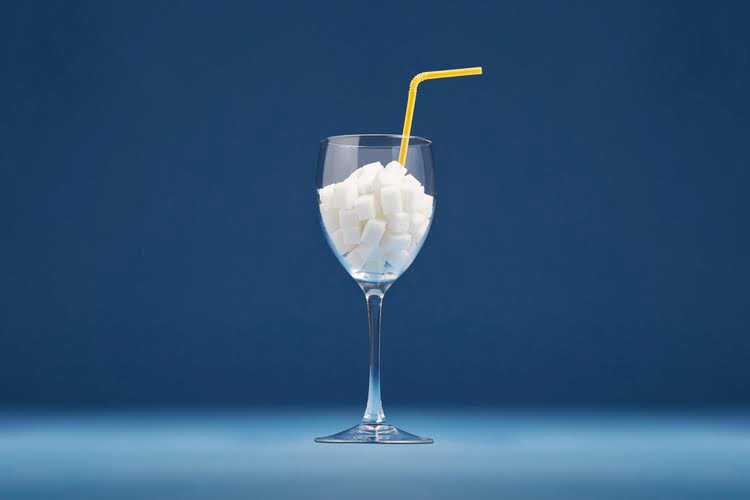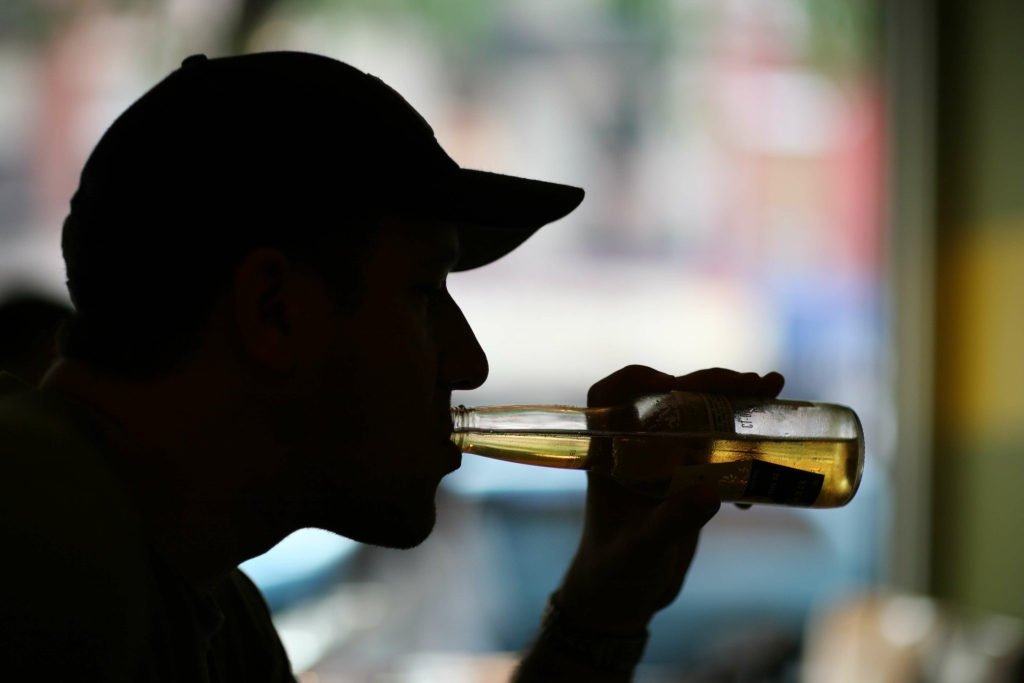For more information on alcohol and its effects, take a look at our FAQ. Mindful drinking is about being aware of your alcohol consumption and making conscious decisions about when and how much you drink. It’s not about abstaining entirely, unless that’s your personal goal, but rather about shifting your relationship with alcohol. It encourages you to reflect on your drinking habits and consider the impact alcohol has on your overall well-being. This approach can be especially helpful if you’re looking to moderate your drinking, reduce alcohol’s negative effects, or cultivate a healthier lifestyle.
All types of distilled spirits have a similar alcohol content around 40% ABV, so they have comparable dehydrating effects. So for every standard whiskey drink, aim to drink at least 8oz or 250ml of water. The more alcohol you consume, the more water you should drink to stay hydrated. The water we drink today is either tap water (full of chlorine and other chemicals) or filtered water (completely stripped of mineral content).
- Alcohol disrupts your body’s fluid balance, depleting essential electrolytes like sodium and potassium.
- Reframe offers personalized plans, daily tracking tools, and a supportive community to help you re-evaluate your relationship with alcohol and make positive changes.
- Dehydration from alcohol can show up in different ways, and catching it early is key.
- Vitamin B, zinc, and iron are also crucial for your immune function and a healthy nervous system, but alcohol-caused deficiencies can completely wreck your nervous system.
Should You Drink Water When You’re Drunk?
If you’re consuming more alcohol during the holiday season, you’re not alone. Social drinking is just part of the holiday package — and homemade cocktails, wine, and champagne all deserve a spot in your celebrations. Long-term dehydration can harm your kidneys, affect your skin, and lead to an imbalance of important minerals in your body.
So – can beer hydrate me?
Diluting a vodka with soda will also mean it’s more hydrating overall, though it’ll still have diuretic effects. Alcohol affects the kidneys, skin, muscles, liver, and other parts of your body by impacting them in different ways. Most parts of your body can be dehydrated by the effects of beer; check them out below. Everyone has a threshold for drinking alcohol, so you need to understand your limits and drink accordingly to avoid any extreme phases of dehydration.

Myth: Coffee Can Reverse Dehydration
Guidelines vary, but generally, moderate drinking means up to one drink per day for women and up to two drinks per day for men. Factors like marijuana addiction body weight, metabolism, and overall health can all play a role. It’s also important to note that these guidelines are for adults of legal drinking age.
When drinking alcohol, especially in hot weather, avoiding dehydration is critical. Pay attention to how your body is feeling whenever you drink. Monitor your fluid intake and how much urine you are producing. Large amounts of dark-colored urine could indicate dehydration. Most hard liquors have high alcohol content; the alcohol by volume (ABV) of liquor is around 40%. You’re likely to urinate 100 mL more for every standard drink you consume (10 mL of alcohol).
Let’s explore the science behind why alcohol can leave you feeling parched. It all comes down to how alcohol interacts with your body’s natural hydration processes. “Essentially, when you’re dehydrated, you’ll feel alcohol’s effects sooner and for longer,” Pfau says.

The first reason is that drinking alcohol can lower your appetite, making you less likely to eat and drink water. Many people might feel their thirst is quenched by drinking alcohol, even when it’s not helping hydrate their bodies. For optimal health, it’s critical to prioritize water and non-caffeinated, non-alcoholic beverages as primary sources of hydration while enjoying alcohol responsibly. Adopting practices like drinking in moderation and hydrating alongside alcohol can help mitigate risks.
Signs of dehydration
It simply means when you drink excessively, the lack of antidiuretic hormones reduces the ability of your body to hold onto water. As a result, your body loses essential nutrients, and you find yourself with frequent washroom visits. As the stomach rebels against the irritants, you lose not only the contents of your stomach but also precious fluids in the process. Vomiting pushes a significant amount of water and electrolytes out of your body. These losses can further deplete your body’s hydration levels, so replace that how much does alcohol dehydrate you glass of wine at dinner with an extra glass of water. A lower-alcohol beer, if you don’t drink too many, will be less dehydrating than wine or hard liquor, since beer generally has a lower alcohol content.
- The overwhelming amount of research on alcohol consumption shows that the harms can outweigh any benefits.
- Expert testimony from medical or forensic professionals can also be invaluable in these cases, helping to explain how dehydration could have affected the results.
- Therefore, drinking on an empty stomach can contribute to dehydration.
- Moreover, chronic dehydration can contribute to other complications such as headaches, fatigue, and impaired cognitive function.
- After eating something salty, chase it with some ice tea, lemonade, or even plain water, rather than alcohol.
Acetate and other waste products are then removed from the body as carbon dioxide and https://hkcomputers.co.za/6-tips-to-deal-with-different-types-of-teen-peer-3/ water, primarily through lungs. Although the kidneys remove waste products, most of the water loss is due to the effect of vasopressin. The action of suppressing this hormone exacerbates the diuretic effect and leads to dehydration. When its processed by enzymes in the liver, alcohol is converted into a large amount of acetaldehyde. In order to break this substance down and remove it from the body, your liver does most of the work of turning it into acetate.
Alcohol by Volume: The Deciding Factor
There’s been a push in recent years, especially among millennials, to cut back on alcohol. Following these tips will help you stay optimally hydrated if consuming multiple whiskey drinks. But it can help minimize it and allow your body to process the alcohol more safely.
- Being dehydrated can lead to some serious consequences, which we’ll investigate further.
- People who are already at risk of dehydration should avoid or limit their alcohol consumption.
- Alcohol works as a diuretic largely because it suppresses the release of a hormone called vasopressin, which is also known as antidiuretic hormone.
- The exact amount of alcohol that leads to dehydration varies depending on several things.
- This can become fatal for your system and can lead to extreme cases of dehydration and hospitalization.
Having a few drinks can be fun, but feeling dehydrated or hungover is not. It’s up to you to decide if the pleasures of alcohol are worth the potential next-day effects. Follow drinking behaviors that are best for you, not what everyone else is doing. And above all, limiting your alcohol consumption in general is the best way to avoid dehydration.